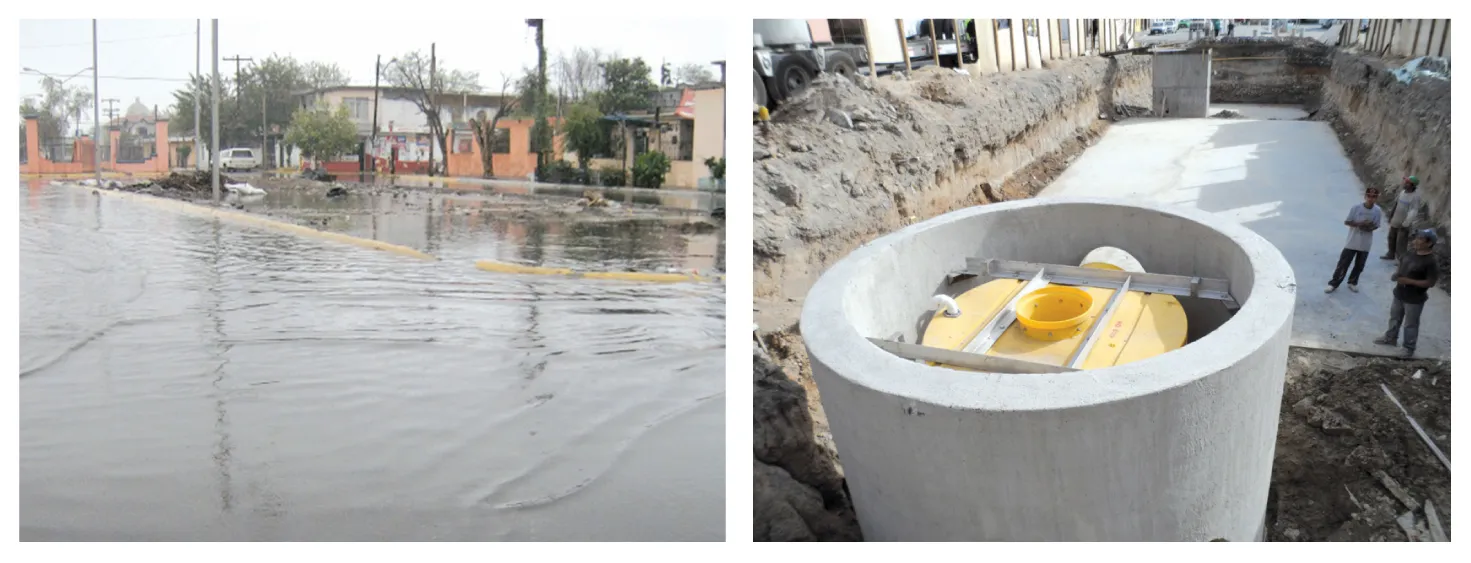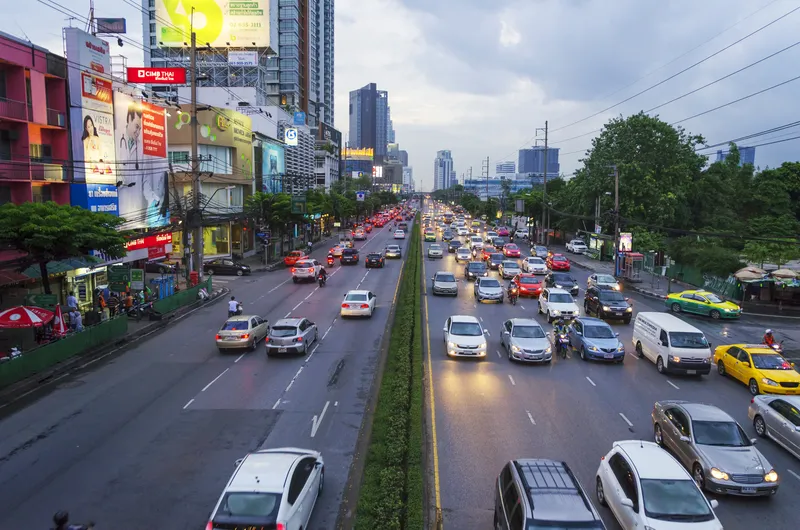Thailand could emulate Malaysia's twin smart-tunnel project through its own proposed Thailand Underground Tunnelling Group (TUTG) project, with an estimated investment of US$3.5 billion. Under the TUTG propsal, two large tunnels are to be constructed in Bangkok's underground to channel the city's rainwater surplus during heavy monsoons to refill its underground reserves whose water levels are now decreasing. When there is no major flood in Bangkok, the tunnels would be transformed into an underground roadwa
May 24, 2013
Read time: 2 mins
Thailand could emulate Malaysia's twin smart-tunnel project through its own proposed Thailand Underground Tunnelling Group (TUTG) project, with an estimated investment of US$3.5 billion.
Under the TUTG proposal, two large tunnels are to be constructed in Bangkok's underground to channel the city's rainwater surplus during heavy monsoons to refill its underground reserves whose water levels are now decreasing. When there is no major flood in Bangkok, the tunnels would be transformed into an underground roadway to ease the city traffic.
Malaysia’s twin-smart tunnel project in the country’s capital, Kuala Lumpur, known as the5333 Stormwater Management and Road Tunnel (SMART) and the first tunnel of its kind in the world, is an innovative solution to Kuala Lumpur’s long-term traffic and stormwater management problems. The dual-purpose tunnel is diverting floodwaters away from the confluence of the two major rivers running through the city centre, while its central section is doubling up as a two-deck motorway to relieve traffic congestion at the main southern gateway into the city centre.
SMART was originally conceived as a flood relief tunnel to divert the 1 in 100 year flood away from the city centre. Then it was considered that the 11.8m internal diameter tunnel could be utilised in periods of low rainfall as a highway tunnel to alleviate Kuala Lumpur’s congested highway infrastructure.2579 Mott MacDonald was approached by the MMC Engineering Group-Gamuda joint venture to carry out the feasibility study for this innovative dual purpose tunnel and then provide detailed design services to take the project from concept through to construction, working in association with SSP Consultants. Under the supervision of Mott MacDonald/SSP on behalf of the joint venture, the highway section and bypass tunnel were both completed and operational by May 2007.
The overall US$500 million plus scheme comprised 9.5km of tunnel with the central 3km incorporating a double deck motorway. Major components include an upstream intake structure, holding pond and storage reservoir, diversion tunnel, twin box culvert and ingress/egress connectors to the motorway tunnel. Ventilation of the road tunnel required construction of four 15m-high shaft structures.
Under the TUTG proposal, two large tunnels are to be constructed in Bangkok's underground to channel the city's rainwater surplus during heavy monsoons to refill its underground reserves whose water levels are now decreasing. When there is no major flood in Bangkok, the tunnels would be transformed into an underground roadway to ease the city traffic.
Malaysia’s twin-smart tunnel project in the country’s capital, Kuala Lumpur, known as the
SMART was originally conceived as a flood relief tunnel to divert the 1 in 100 year flood away from the city centre. Then it was considered that the 11.8m internal diameter tunnel could be utilised in periods of low rainfall as a highway tunnel to alleviate Kuala Lumpur’s congested highway infrastructure.
The overall US$500 million plus scheme comprised 9.5km of tunnel with the central 3km incorporating a double deck motorway. Major components include an upstream intake structure, holding pond and storage reservoir, diversion tunnel, twin box culvert and ingress/egress connectors to the motorway tunnel. Ventilation of the road tunnel required construction of four 15m-high shaft structures.








